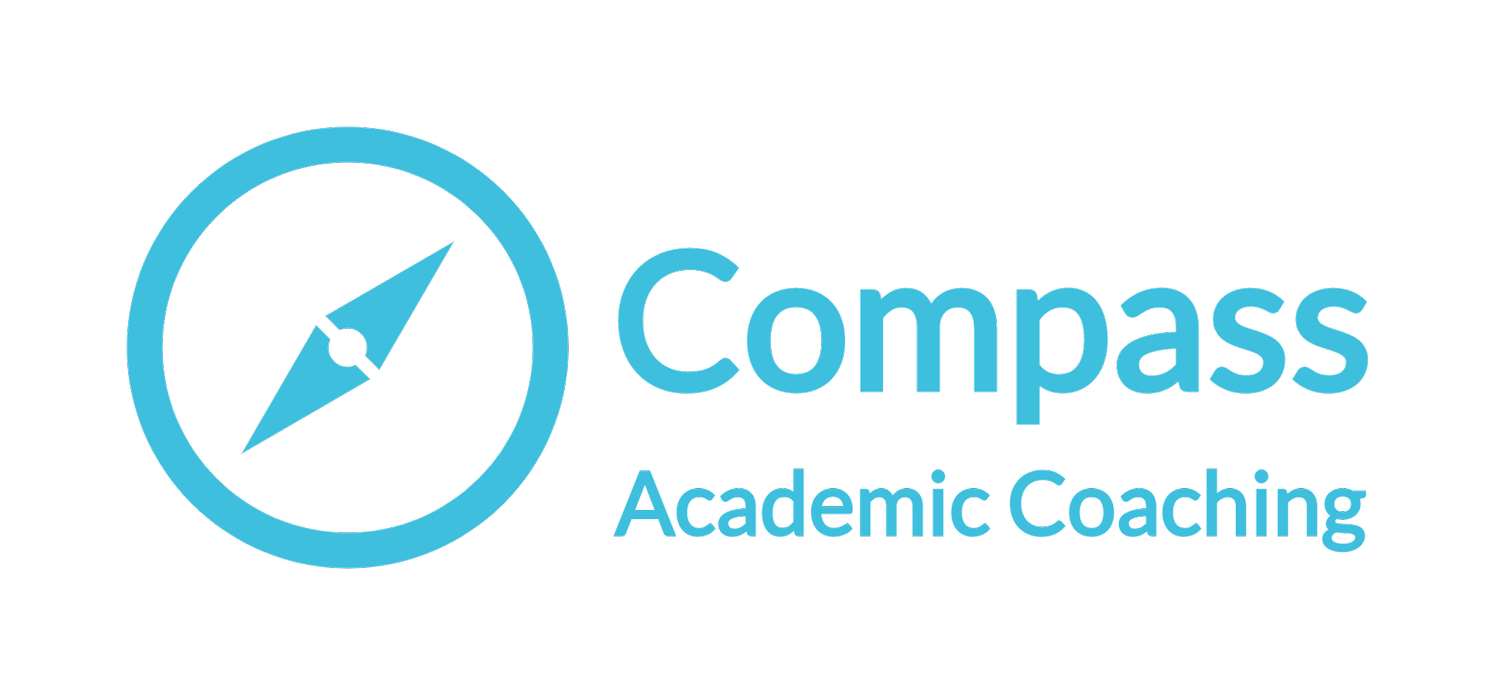Less stress and more fun
Research is hard. There are a lot of details to manage, and there’s almost always time pressure. With high stakes riding on completing projects—earning a degree, achieving tenure or promotion—it’s no wonder that most researchers feel stressed about their work at least some of the time. (More likely, most of the time.)
That stress can block us from our curiosity that brought us to the work in the first place. As a coach, I work to help my clients reduce what stress they can and reconnect to their motivation. Those goals echo the purposes Shiri Noy describes for her book, Project Management for Researchers: A Practical, Stress-Free Guide to Getting Organized. Finding organizational systems that work for you can reduce stress and open the door to more fun. Here are three of Noy’s tips to get you started.
Choose tools that you control
As researchers we use a lot of different tools to organize our work, such as software for reference management, data analysis, or surveys. In the past, I’ve often advised my clients to use tools provided by their institutions to save money and to take advantage of institutional support. However, Noy has me rethinking this advice because, quite simply, people change institutions.
For example, Noy recommends that researchers use at least three email accounts: personal, institutional, and professional. The professional email account might be a Gmail account or an account through some other free service; it is not tied to a particular institution, and thus the researcher maintains access to it even after changing institutions. To ensure you don’t lose access to your research-related communication, Noy suggests using this professional email address for communicating with research collaborators and journal editors. I’d add grant program officers to that list, and you can probably think of some other types of communication you’d want to keep hold of even after moving to a different institution.
Noy extends this advice to data storage tools, sharing a horror story from one of her interviewees who lost access to all of their research after leaving an academic position. (They were able to recover it eventually with the help of the IT department at the former institution.) To save yourself stress as your career progresses, consider tools that you take with you wherever you go.
Create a file naming system
Where is that document? Is this the most recent draft? These questions can cause a lot of stress when we are under time pressure, which, unfortunately, is most if not all of the time. I appreciate Noy’s advice on creating a file naming system because it addresses both of the problems inherent in these two questions: keeping project stuff together and knowing which version you are looking at.
Noy recommends creating a short “stub” nickname for each of your projects, and using the stub in the file name for all files for the project. For example, for her book on project management, her stub was “projman.” It’s important for a stub to be short because you’ll be adding other information to the file name. A chapter draft for Noy’s book would be named “projman_ch4_v1.4” based on her file naming formula of stub + file content + version number. She uses this same formula for all files related to a project, whether they are drafts or data files or research memos. Using the consistent formula and stub makes the files searchable, so even if they don’t end up in a folder together, you can search for what you need as long as you know the stub.
For version numbers, Noy uses decimals, starting at 1.0 and going up to 1.9, then switching to 2.0. No confusion with different date formats, and all versions will appear in a nice neat list in your folder or stub search.
Your formula doesn’t have to look exactly like Noy’s. The key principle is a consistent naming formula that helps you find what you need without stress.
Practice temptation bundling
A crackling fire, cozy socks, and hot tea.
The term temptation bundling actually comes from a study that asked if people would be more likely to exercise if they got to listen to a really good audiobook while doing it. They were. According to the study authors, the formula is to pair “instantly gratifying but guilt-inducing ‘want’ experiences” with “valuable ‘should’ behaviors providing delayed rewards.” I disagree that the “want” needs to be “guilt-inducing,” but I’ve seen how a really nice, instantly gratifying treat helps to offset the delayed gratification inherent in the research process. A lot of writers like food and beverage temptations, like chocolate and coffee. Your temptations may be completely different. Whatever layers a boost of pleasure, joy, or fun onto your work can help you get started and stick with it.
What are your favorite (guilty?) pleasures to add to your work sessions?

